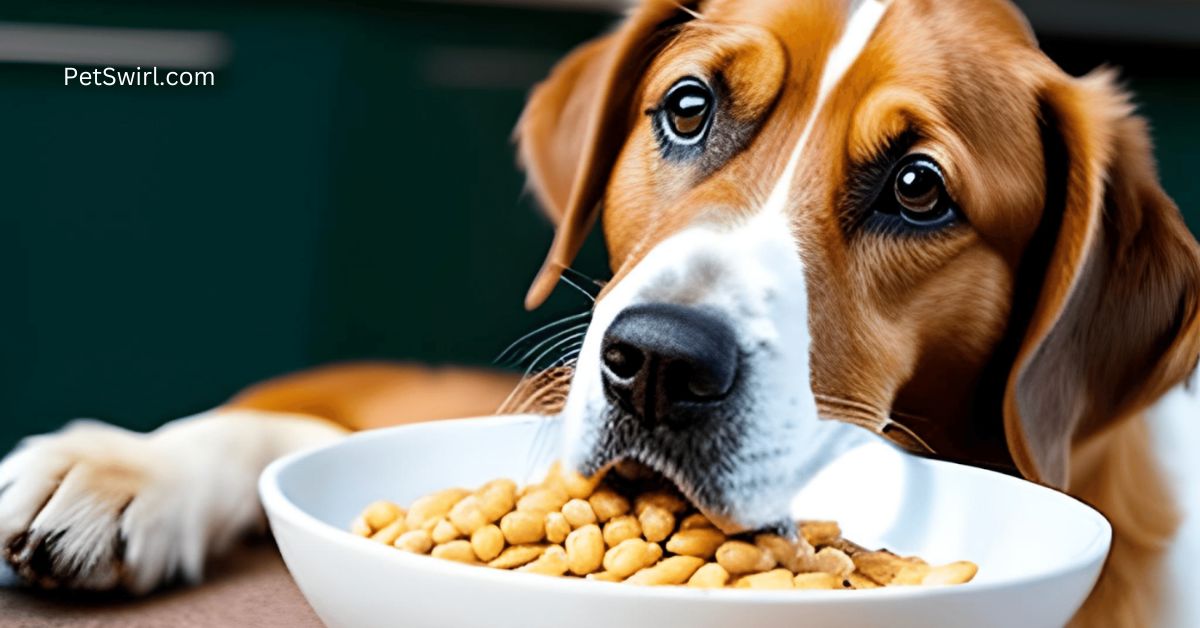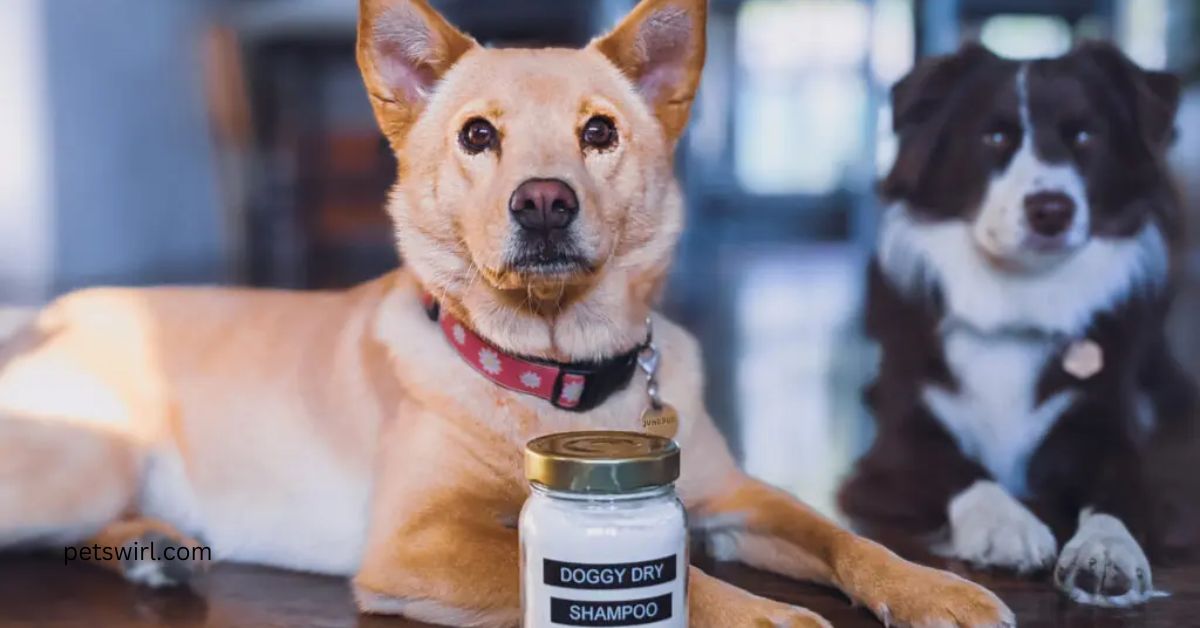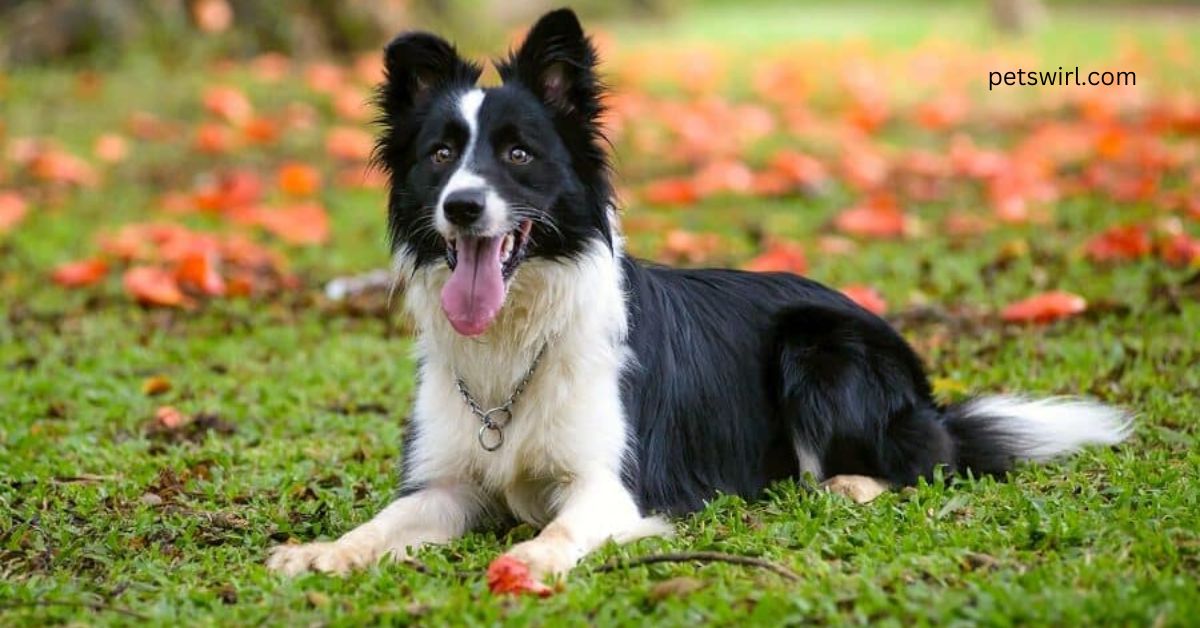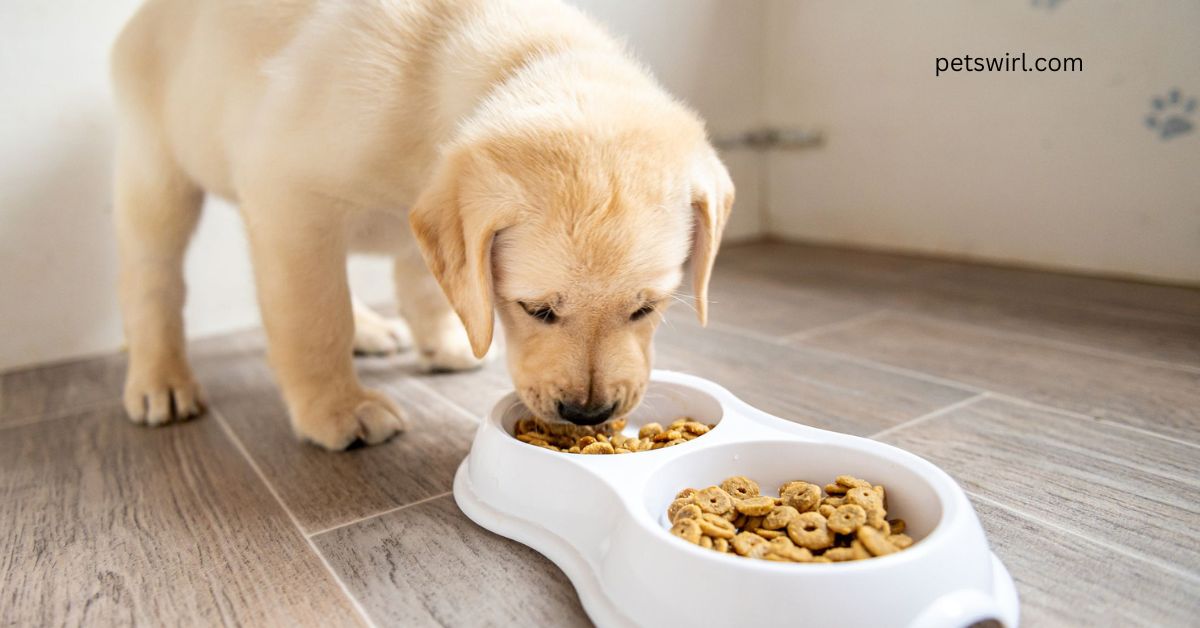As a responsible pet owner, it’s essential to know what foods are safe for your furry friend. With the growing popularity of plant-based diets, many pet owners are wondering, “Can dogs eat beans?” This question is crucial because beans can offer various health benefits but also pose potential risks if not prepared correctly. In this article, we will explore the types of beans safe for dogs, their health benefits, potential risks, and how to incorporate them into your dog’s diet.
Table of Contents
Types of Beans Safe for Dogs
When considering whether can dogs eat beans, it’s essential to know which types are safe. Here are some common beans that can be safely included in your dog’s diet:
- Green beans: These are a great low-calorie snack for dogs and can be served raw, steamed, or cooked. They are rich in vitamins and fiber, making them an excellent addition to your dog’s meals.
- Black beans: High in protein and fiber, black beans can be a nutritious treat for dogs. They should be cooked thoroughly and served in moderation.
- Kidney beans: Cooked kidney beans can be healthy for dogs, providing protein, fiber, and essential nutrients. However, they must be well-cooked to eliminate toxins present in raw kidney beans.
- Pinto beans: These beans are safe for dogs when cooked properly. They are rich in protein and fiber, which can support your dog’s digestive health.
- Chickpeas: Also known as garbanzo beans, chickpeas can be beneficial for dogs when cooked and mashed. They are packed with protein and other essential nutrients.
Understanding which types of beans are safe for dogs helps pet owners make informed dietary choices for their pets.
Health Benefits of Beans for Dogs
When asking, “Can dogs eat beans?” it’s vital to consider the health benefits they provide. Beans are packed with essential nutrients that can contribute positively to your dog’s overall health. Here are some benefits:
- High in protein: When considering whether can dogs eat beans, They are a good source of plant-based protein, which is essential for your dog’s growth, repair, and maintenance of tissues. While they shouldn’t replace animal protein entirely, they can be a healthy addition to your dog’s diet.
- Rich in fiber: The high fiber content in beans can promote healthy digestion and regular bowel movements. Fiber helps prevent constipation and supports a healthy gut.
- Vitamins and minerals: Beans contain various vitamins and minerals, including B vitamins, iron, and magnesium. These nutrients are essential for maintaining energy levels and supporting your dog’s immune system.
- Weight management: The high fiber content in beans can promote a feeling of fullness, which can help with weight management in overweight dogs.
- Digestive health: Beans can support healthy digestion due to their fiber content, helping to regulate bowel movements and prevent digestive issues.
Adding beans to your dog’s diet can provide these benefits, contributing to their overall health and happiness.
Are Beans a Good Source of Protein for Dogs?
When considering if can dogs eat beans, it’s essential to evaluate whether they provide sufficient protein. Protein is a crucial component of a dog’s diet, supporting various bodily functions. While beans can provide a good source of plant-based protein, it’s essential to note that they should not replace animal-based proteins entirely. Dogs are omnivores, and their diet should primarily consist of high-quality animal proteins.
When considering whether can dogs eat beans, It can complement your dog’s protein intake, especially for those on a plant-based diet or for pet owners looking for alternatives. However, it’s vital to ensure that your dog receives adequate animal-based protein to meet their nutritional needs.
Alternatives to Beans for Dog Diets
While beans can be a nutritious addition to your dog’s diet, some alternatives can also provide similar benefits:
- Lentils: Like beans, lentils are rich in protein and fiber and can be cooked and served to dogs in moderation.
- Quinoa: This pseudo-grain is high in protein and can be a nutritious alternative to beans, providing essential amino acids.
- Peas: Green peas are another safe option for dogs, packed with vitamins, minerals, and fiber.
- Sweet potatoes: These are high in fiber and can be cooked and mashed as a healthy alternative to beans.
Exploring these alternatives can help diversify your dog’s diet while providing similar health benefits.
Can Dogs Eat Beans?
When asking can dogs eat beans, it’s important to consider if puppies can consume them as well. Puppies have different nutritional requirements than adult dogs, so it’s essential to approach their diet with care. While some beans can be safe for puppies, it’s best to introduce them gradually and in moderation.
Puppies are still developing, and their digestive systems may be sensitive to new foods. Always consult your veterinarian before adding beans or any new food to your puppy’s diet, and monitor them for any adverse reactions.
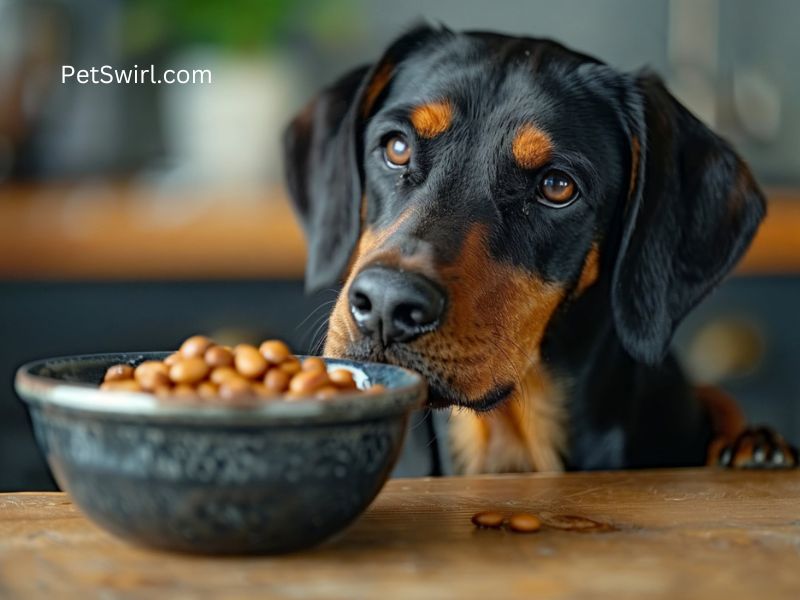
Beans and Digestive Health in Dogs
When considering can dogs eat beans, it’s essential to understand their impact on digestive health. Beans can significantly contribute to digestive health in dogs due to their high fiber content. Fiber plays a crucial role in maintaining regular bowel movements and preventing constipation. Additionally, fiber can help promote the growth of beneficial gut bacteria, supporting overall digestive health.
Including beans in moderation can aid in digestion, but it’s essential to introduce them gradually to avoid gastrointestinal discomfort.
Common Misconceptions About Dogs Eating Beans
There are several misconceptions regarding can dogs eat beans. Here are a few common myths and the facts to dispel them:
- Myth: All beans are toxic to dogs.
Fact: While some raw beans can be toxic, many types of cooked beans are safe for dogs. - Myth: Dogs can’t digest beans.
Fact: While some dogs may experience gas or bloating from beans, many can digest them without issues when prepared correctly. - Myth: Beans are not nutritious for dogs.
Fact: Beans provide essential nutrients, protein, and fiber, making them a healthy addition to a balanced diet.
Addressing these misconceptions can help pet owners make informed decisions about their dog’s diet.
Best Ways to Introduce Beans to a Dog’s Diet
When considering how to include beans in your dog’s diet, it’s essential to ask how to best introduce them. Introducing beans to your dog’s diet can be done gradually. Here are some best practices to ensure a smooth transition:
- Start slow: Begin by offering a small amount of cooked beans alongside their regular food. Monitor your dog for any signs of discomfort or intolerance.
- Mix with regular food: Incorporate beans into your dog’s regular meals by mixing them with their usual food. This helps them get used to the new taste and texture.
- Observe reactions: Keep an eye on your dog’s behavior and digestive health after introducing beans. If they tolerate beans well, you can gradually increase the portion size.
- Vary the types: Try offering different types of beans to see which ones your dog enjoys the most. This can help keep their diet varied and interesting.
Following these steps will help your dog adjust to beans in their diet while minimizing the risk of digestive issues.
FAQs About Dogs and Beans
- Can dogs eat beans every day?
While beans can be a healthy addition to your dog’s diet, they should not be the primary food source. Moderation is key. - What should I do if my dog has gas after eating beans?
If your dog experiences gas, reduce the portion size or discontinue beans altogether. Consult your veterinarian if symptoms persist. - Are there any beans dogs should avoid?
Dogs should avoid raw kidney beans, as they contain toxins. Always ensure beans are cooked thoroughly before offering them to your dog. - Can beans replace dog food?
Beans should not replace a balanced dog food diet. They can complement your dog’s nutrition but should not serve as the primary food source. - How can I tell if my dog likes beans?
Offer a small amount of cooked beans and observe your dog’s reaction. If they enjoy them, you can gradually increase the serving size.
By addressing these common questions, you can provide valuable information to other pet owners considering adding beans to their dog’s diet.
Conclusion
So, can dogs eat beans? Yes, dogs can safely consume various types of beans when prepared properly and offered in moderation. Beans provide numerous health benefits, including protein, fiber, and essential nutrients. However, it is crucial to consider potential risks, such as gas and allergies, when introducing beans into your dog’s diet. By following the guidelines outlined in this article, you can safely incorporate beans into your dog’s meals and provide them with the nutrition they need to thrive. Always consult your veterinarian before making significant changes to your dog’s diet to ensure their health and well-being.
Also read: Hookworms in Dogs

